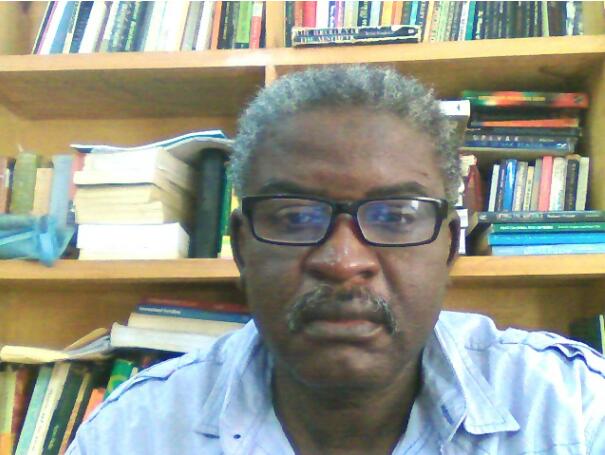Nigerian universities are unproductive – Prof. IBK
By Uzair Adam Imam A lecturer with Bayero University, Kano, Prof. Ibrahim Bello Kano (aka IBK), has described the Nigerian universities as entirely unsuccessful and unproductive, adding that both the…
